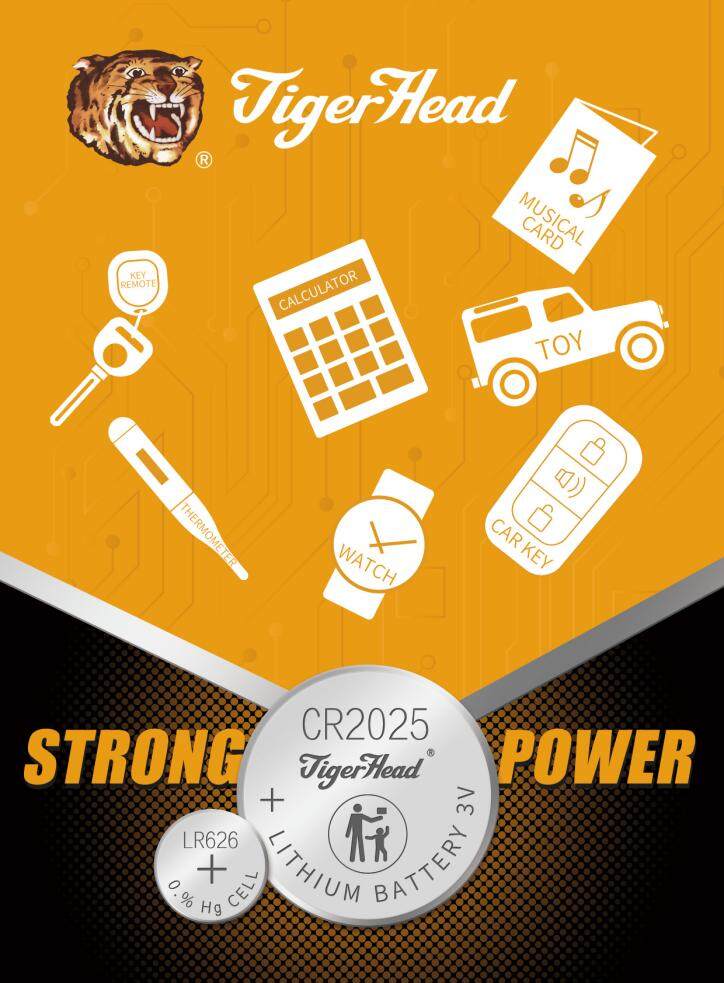How do you store lthium button cell battery correctly?
Button cell batteries power electronic watches, cameras, flashlights, remote controls, and other electronic products. As button cell batteries become more widely used, we thought it was meaningful to understand how to properly store them.
If you have batteries that you don't need for a while, you need to know where they are and that they're still in good working order if you need them.
A big problem with coin cells is that children and pets can accidentally swallow them. Accidental ingestion of button batteries can damage the esophagus and be life-threatening in severe cases. Therefore, it is a brilliant way to keep these devices out of children's sight and reach.
Environmental factors are the biggest threat to keeping button cell batteries in good condition during storage. To properly store button cell batteries, keep them in their original packaging (or put them in a plastic container) and in a cool, low-humidity place. If possible, use a plastic cover to prevent corrosion.

If you have batteries that you don't need for a while, you need to know where they are and that they're still in good working order if you need them.
How to Store Button Cell Batteries in a Safe Way?
A big problem with coin cells is that children and pets can accidentally swallow them. Accidental ingestion of button batteries can damage the esophagus and be life-threatening in severe cases. Therefore, it is a brilliant way to keep these devices out of children's sight and reach.
Environmental factors are the biggest threat to keeping button cell batteries in good condition during storage. To properly store button cell batteries, keep them in their original packaging (or put them in a plastic container) and in a cool, low-humidity place. If possible, use a plastic cover to prevent corrosion.







